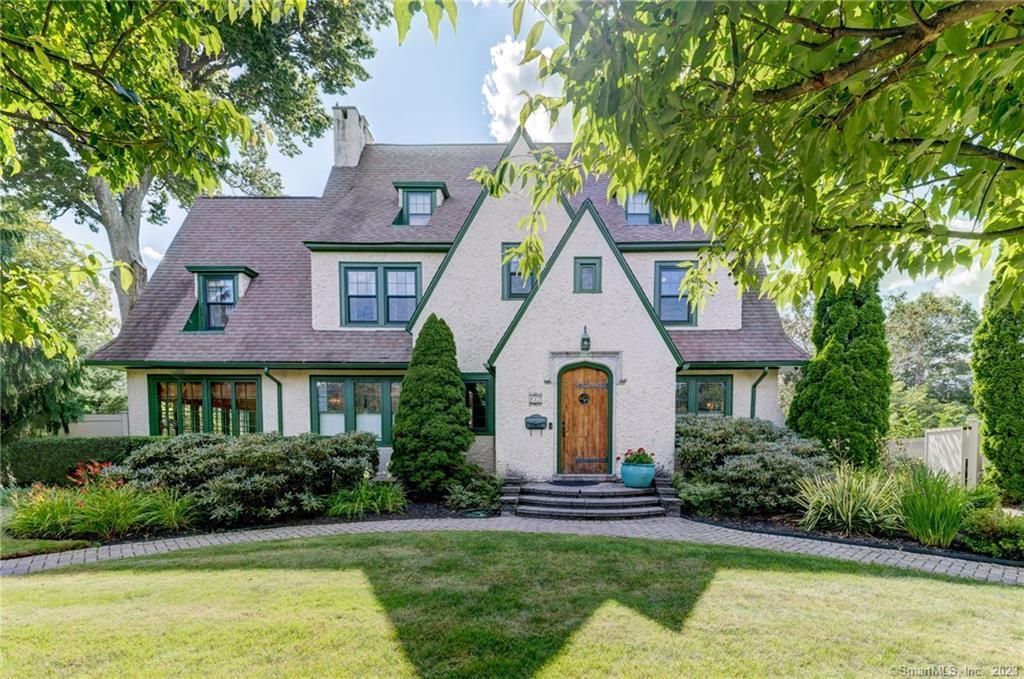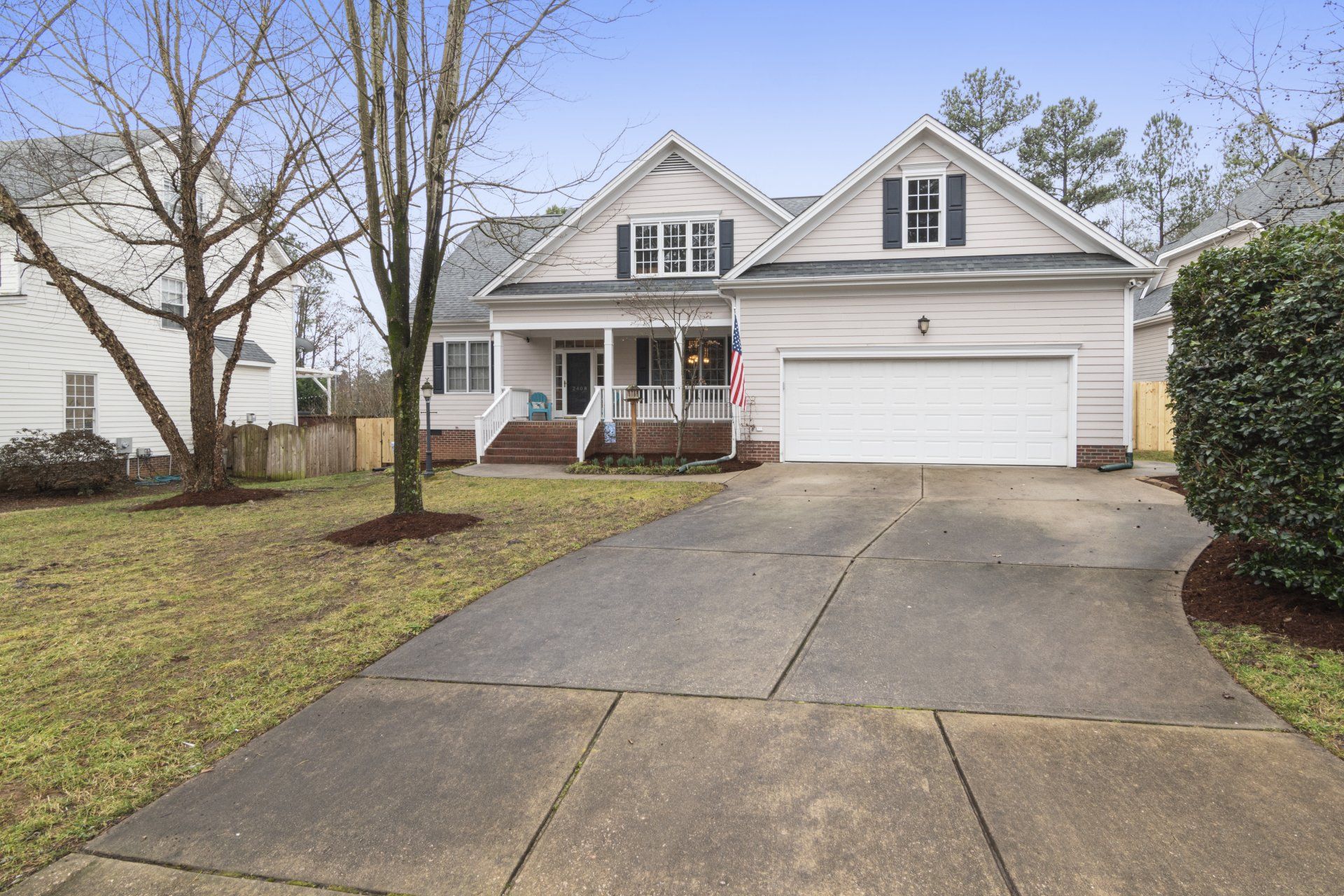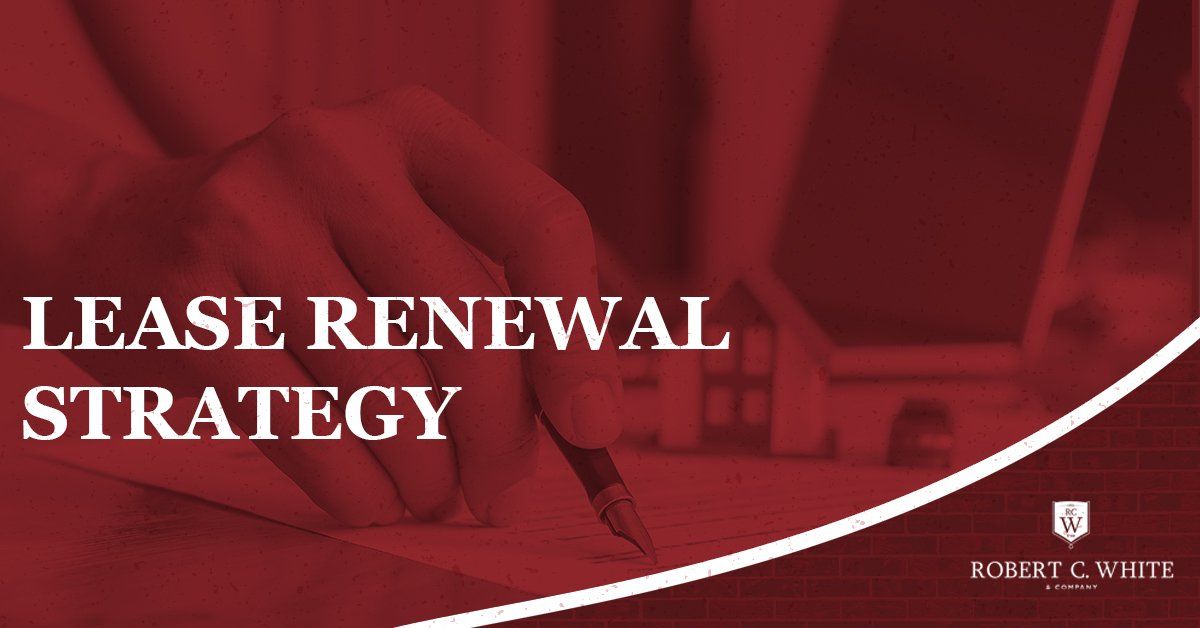Late Rent | Connecticut Edition : How to Collect Late Fees
Learn to Collect Late Fees, Legally

Each state has its own laws regarding late rent payments and whether or not owners can charge additional fees to their tenants for that tardiness. In this blog post, we focus on our home state of Connecticut. At Robert C. White & Company we’ve guided landlords and tenants through thousands of lease terms and are experienced in assessing late fees! The good news is that in this state, you can charge late fees and the rules aren’t all that complicated. Let’s also discuss the best practice for sending late rent and fee notices while keeping your tenants in line. Here we go!
For starters, the obvious
First off, landlords must make it clear in their lease exactly when rent is due each month, acceptable forms of payment, and where to submit or send payments. An owner should also be explicit through each step of the process including the initial conversation, the property showing, and at lease signing. Setting clear expectations protects the landlords interest and makes it impossible for tenants to claim surprised or shock by what is in the contract. Now that that’s out of the way, let’s talk about when rent
actually
becomes late in Connecticut and how to approach the situation with the tenants.
Grace period...when is rent really late in CT?
Here in the Nutmeg State, rent is late after the 1st of the month, however, there is not much a landlord can do about that until a 9-day grace period passes. The 9-day grace period in Connecticut means that tenants actually have until the 10th to submit their payment before a landlord can consider it late and charge an additional fee. Don't jump the gun!
Owners also have to be conscious of the “mailbox rule”. This rule states that if a landlord authorizes rent paid through the mail, a submitted rent payment is dated the same day as the piece of mail it was sent with! This suggests that in Connecticut, a late fee cannot be assessed to the tenant if rent was mailed prior to or during the grace period, even if it was received after the 10th.
Sending a late fee notice
The state of Connecticut has specific regulations regarding notices for late rent and charges too. If a tenant has not submitted payment by the end of the grace period, landlords must provide them with a written notice if a late fee is going to be enforced. It’s also important to note that a landlord must give tenants at least two weeks to pay the late fee once the notice is received.But even if notices weren't required by law, sending them protects your investment and keeps tenants informed!
Assessing late fees
How much can I charge for a late fee, you ask? Well, in Connecticut, there are no specific rules or limits on how much a landlord can charge for late fees! However, there have been a few critical court cases that set some precedent. The courts have decided that fees must “bear a reasonable relationship to the actual damage that the landlord sustains…” and in one instance where late fees were challenged by the tenant, the court found that 5% of the rental rate was fair to charge because of the administrative costs of monitoring the late payment, sending the notice, and collecting. You can read more on that here.
At Robert C. White & Company, we assess late fees as 10% of the rental rate. In the event one of our tenants does miss payment on 1st of the month, a late rent notice is sent the next day. Then if rent is still not received (or mailed) by the 10th, we immediately follow up with an electronic and written notice that a late fee will be assessed, how much the charge is, and how to pay it.
Wrapping Things Up
So now you know that you can charge late fees in the state of Connecticut and you understand the best practice to send notices effectively [and legally!]. Remember too that while there is not official limit to the amount you can charge for a late fee, there have been many successful challenges in the courts. Complying with the laws and setting expectations with your tenant are the two most important pieces to this process. Good luck!













